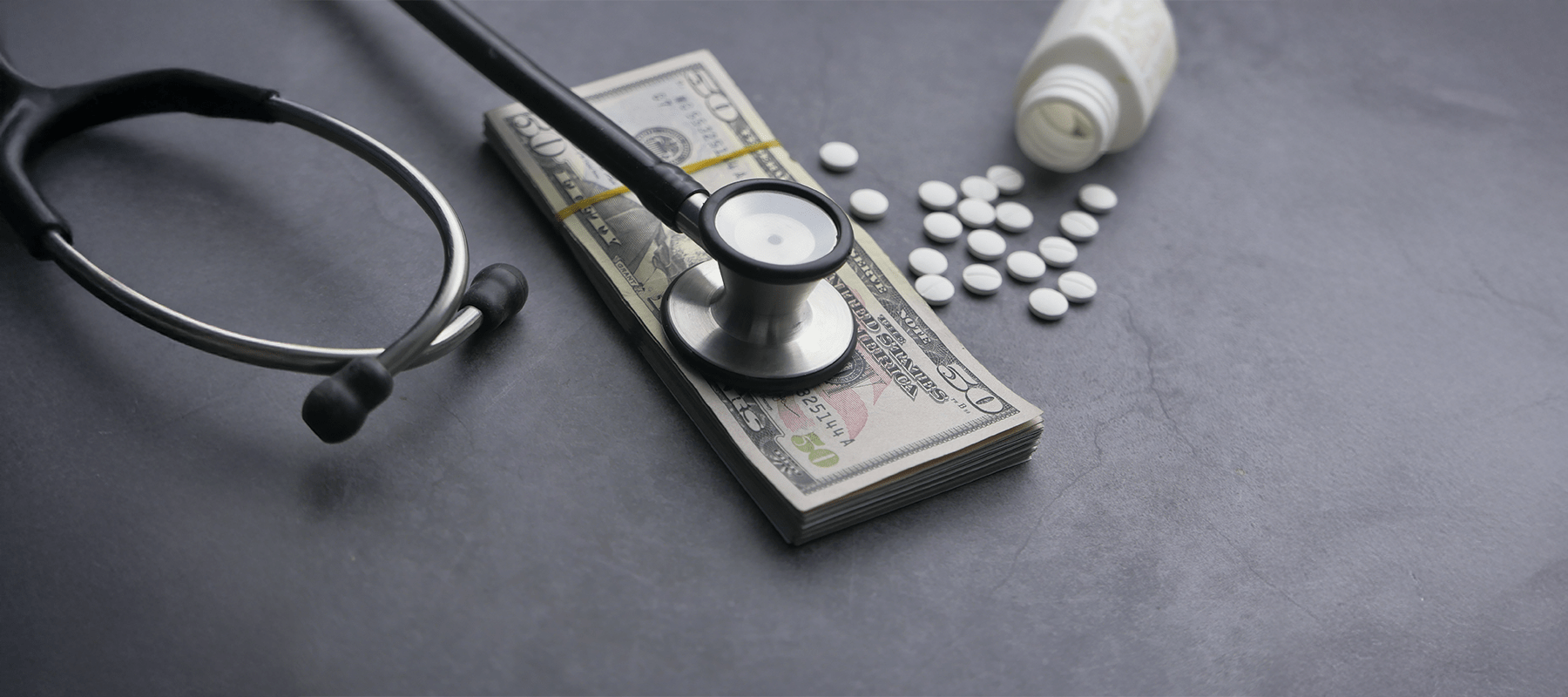Overwhelming medical bills add to the constant stress level, which further triggers a unique form of mental trauma. It is not being recognized as Medical Debt PTSD. We cannot just dismiss it by stating within three words – “a medical problem”, because it turns out to be a severe mental health crisis for millions. Just as there is always a silver lining, fortunately, the patients now have solutions such as medical bill forgiveness programs. These are emerging as the critical lifeline that offers a path to both financial and psychological recovery.
The hidden scar of hospital bills haunts every minute
Can you wholeheartedly congratulate yourself after surviving a serious illness or accident? Because the next trouble that you are to face is a new, daunting battle of mounting medical debt! The dread of collection calls, threatening letters, and your credit score in freefall overpowers your relief of recovery in no time. The reality is you have to deal with something more than financial stress, because you are bound to convince yourself to come out of this daily grinding trauma. Due to this relentless pressure, a new condition has been introduced, which experts have named Medical Debt PTSD. It is a specific type of financial PTSD rooted in the American healthcare system.
Nevertheless, what does this financial PTSD actually feel like? It is clearly defined as the constellation of persistent, intrusive symptoms mirroring classic post-traumatic stress disorder. Any single moment in the past is not the trauma; rather, it is the continuous threat delivered to you in monthly statements.
These are the symptoms:
- Intense anxiety or panic
When you receive mail or phone calls from unknown numbers, you are automatically fear-stricken, perhaps even before opening the mail or answering the phone.
- Avoidance
Anything reminding you of the debt, including the necessary medical appointments, slowly shifts to your avoidance list.
- Hypervigilance
For fear of garnishment, you become obsessive about checking your bank accounts.
- Feeling devastated
You tend to feel shame, isolation, and hopelessness in matters related to financial burdens.

The vicious cycle of medical debt and dread
More than the wallet, medical debt has a profound impact on your health – gradually, your behavior and well-being begin to change. The crushing weight of the amount you owe could trigger a paralyzing cycle of fear and avoidance that compounds the problem.
Just give time and think about it: What will be your first instinct when you are associating doctors and hospitals with financial ruin? Many people try to avoid seeking care altogether. Due to this avoidance, a hallmark symptom of post-traumatic stress disorder presents with a dangerous feedback loop. These are the consequences of this cycle:
- Skipping preventative care routines
The more you fear the additional bills, the more you tend to skip preventative care and crucial follow-up appointments.
- Health outcomes start worsening
Because of delayed treatments, the minor issues start becoming major emergencies.
- Financial strain increases
With the severe and expensive health crisis eventually occurring, the monetary burden never seems to go silent.
- Sustained mental distress
Over time, you succumb to clinical anxiety, depression and insomnia.
This continuing state of high alert clearly demonstrates financial PTSD, where financial triggers cause real, measurable physiological and psychological distress. As the debt takes the shape of a constant companion and keeps whispering reminders of failure and fear, proper recovery feels impossible – both physically and psychologically.
The power of forgiveness sets the pathway to healing
So, what is the solution to break this devastating cycle? It’s a natural and compulsory question to arise! The answer is decided by addressing the very root cause of the trauma – the debt itself. Here is where the medical bill forgiveness programs prove useful. It serves as a powerful antidote to the despair so many patients feel.
Often, hospitals run these medical bill forgiveness programs under the guise of “Charity Care.” Otherwise, incredible non-profits pioneer these programs to eliminate debt for individuals and families who are unable to pay. When a person receives a letter highlighting that their medical debt has been forgiven, the impact on them is profound and immediate. The relief is more than just the financial transaction; it is also a massive psychological liberation. The constant, low-grade alarm of medical debt ringing in their head is ultimately silenced.
Medical bill forgiveness programs provide relief, allowing patients and families to breathe freely again. While lifting the shame, they can better focus on their health, being free from the looming specter of financial ruin. This forgiveness is the initial step toward rebuilding and reshaping their life and getting re-engaged with the healthcare system with trust for the people suffering from Medical debt PTSD. The terms of terror start to dissipate. While their struggle is validated, they can also understand that they are not alone.

Taking steps towards relief from debt
You may be burdened by the weight of medical debt, but remember that you are not powerless. Taking action is the first step to healing from this specific financial PTSD. Here is how you can start:
- Directly talk to the hospital
Never assume there will be no help. Make a phone call to the billing department and specifically enquire about their financial assistance policies, charity care or any other medical bill forgiveness programs they are offering. During hard times, you can be your own best advocate.
- Research the non-profit organizations
There are groups, such as RIP Medical Debt, that use donations to purchase and abolish medical debt in bulk. In fact, some patient advocacy organizations are offering grants to help patients negotiate their medical bills.
- Seek professional support
Reach out to a financial counselor to create a manageable plan. Consult a therapist specialized in trauma to provide you with the needed tools so you can cope with the emotional fallout. You need to recognize the connection between your medical debt and your mental health. Keep in mind, addressing the post-traumatic stress disorder symptoms is equally important as addressing the digits on the bill.
Conclusion
So, reclaim your health and your future! Medical debt is far more than the line item on a budget. Better to say, it is the public health crisis inflicting deep and lasting psychological wounds. With the rise of Medical Debt PTSD, a stark reminder goes that financial well-being and mental health are inextricably linked. While the ultimate solution requires a systematic change in how we approach healthcare costs, we cannot ignore the immediate suffering of millions. The programs that forgive medical debts are a form of essential healthcare that treats the trauma inflicted by bills and opens a chance for people to heal truly.

Sheila is a creative content writer and publisher of The Smile Story. With experience working with various multispecialty clinics and hospitals, she is dynamic in providing health-related guest posting services, offering insightful and impactful content.














